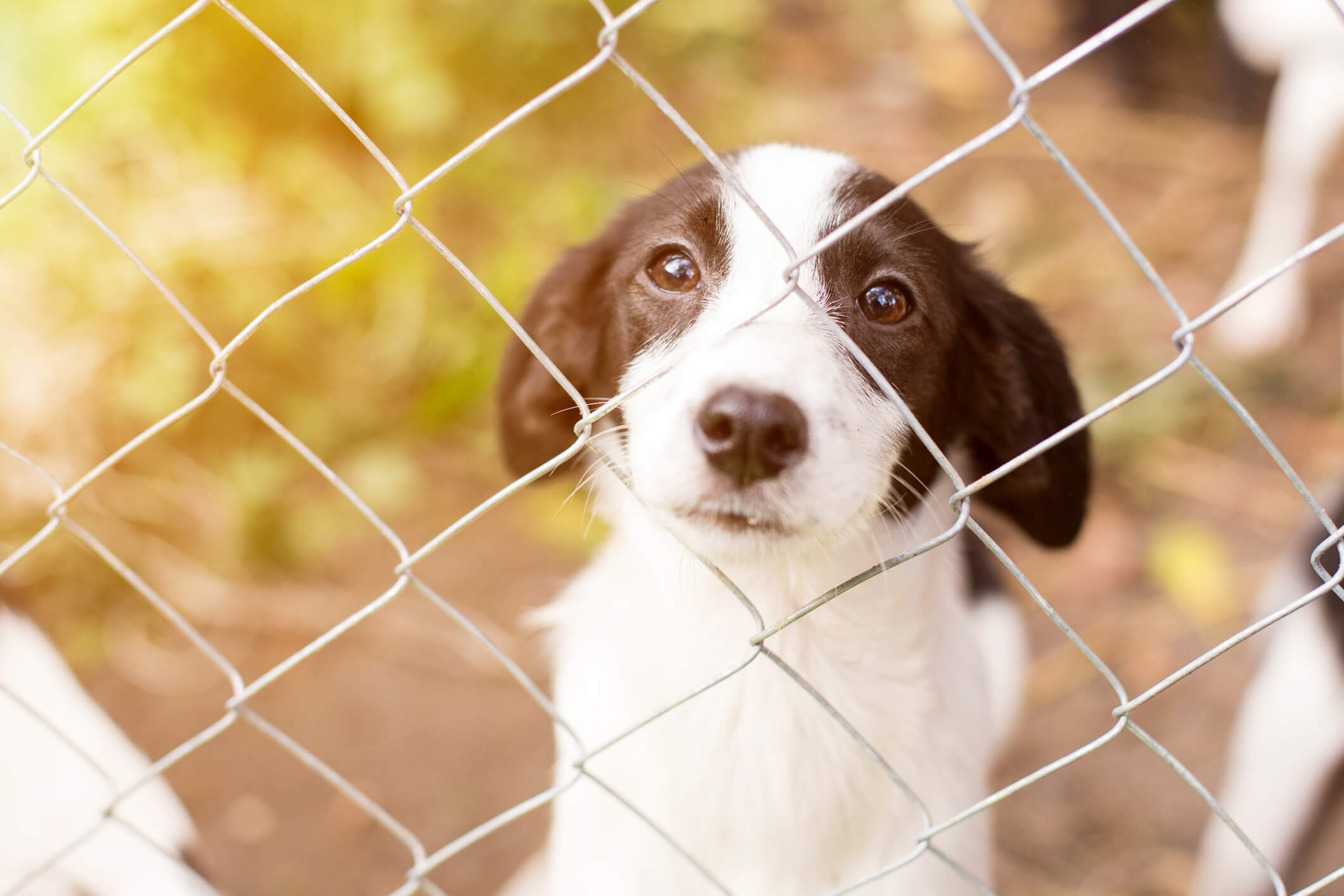
The Top 8 Health Issues that Rescue Dogs Experience
Rescue dogs often have traumatic pasts, so it comes as no surprise that many experience health ailments that potential pet parents must be aware of. Because dogs at rescue agencies may harbor both physical and mental trauma from neglect, abusive homes or living on the streets, prospective pet parents should expect to face some challenges along the way.
When owners take the necessary steps to help them, rescue dogs are perfectly capable of reciprocating love and becoming happy, healthy pups. With that in mind, it’s important to be aware of some of the most common health problems your rescue dog might experience, so you’re prepared to get them the help they need.

Time and patience will help your rescue dog overcome these eight common health issues:
- Kennel cough: As the name suggests, kennel cough is very common at rescue agencies because close living quarters make the virus easily transmittable from one dog to the next. The symptoms of kennel cough are similar to a human cold. Dogs with this viral infection exhibit a loud, honking cough, runny nose, lethargy, fever and loss of appetite. It may sound like the common cold, but kennel cough progresses rapidly without treatment. Luckily, antibiotics can clear up the condition and restore your dog’s health.
- Fleas and ticks: These pests are also common in close living quarters. They hide in bedding, latch onto the skin and can survive without a host for months. A good rescue agency will administer a flea and tick treatment to every dog before they’re put up for adoption. Pet parents should continue this treatment long after bringing the pup home, just to be safe.
- Heartworms: Rescue dogs from all backgrounds are at risk for contracting heartworms. Dogs that come off the streets or from neglectful homes might not be up to date with their vaccinations. The symptoms of heartworm are hard to detect, but this disease can become life threatening if left untreated. The good news is that most rescue dogs get vaccinated at the rescue agency before going home with their new pet parents.
- Skin disorders: Certain dog breeds are genetically predisposed to skin disorders, while others have dietary or environmental allergies that cause itchy rashes. In either case, previous owners might not have been aware of or ignored the dog’s need for skin treatment. Irritation of the skin can also occur in dogs with matted coats. The rescue agency and a vet can offer advice on how to keep your pup’s skin condition under control.
- Digestive problems: Some rescue dogs might have been shuttled from one foster home to the next before they found you. If this is the case for your pup, their digestive system has been through a lot. Inconsistent diets often lead to gastrointestinal problems like vomiting and diarrhea. Digestive problems may also occur if your dog was fed the wrong type of food. The rescue agency will alert you to any problems your pup might have and offer tips for maintaining a proper diet.
- Malnourishment: If your rescue dog was neglected in the past, they might be suffering from malnutrition due to an inconsistent or inappropriate feeding schedule. Malnutrition can cause lethargy, weakness, muscle wasting, digestive problems and a poor-looking coat, on top of other more serious health problems. You’ll want to slowly build up your dog’s strength by offering several small meals throughout the day. Two large meals right off the bat can lead to gastrointestinal problems. Your vet may also prescribe a nutrient-rich food or supplement that’s specially designed for recovering rescue dogs.
- Food aggression: Malnourished dogs might also be territorial over their food, especially if they were rescued from a hoarding situation. Food aggression causes rescue dogs to eat too quickly or snap at other household pets during meal times. Pet parents can correct this behavior with help from a professional dog trainer.
- Separation anxiety: Dogs need love and companionship just as much as humans do. After bringing your furry friend home, you might notice signs of separation anxiety. Your stressed pup will howl, whine, pace and tear up the house every time you leave. This usually indicates that previous owners neglected the dog’s need for socialization. Practice stepping outside for a few minutes then gradually increase your time away so the rescue dog can get used to your absence. Occupy your dog with treats and puzzle toys so they have a task to focus on while you’re at work.
Every rescue dog has their problems, but that doesn’t make them any less deserving of a loving home! Most rescue groups and fosters will rehabilitate their animals to the best of their ability. The shelter or rescue agency will be completely transparent with the health or behavioral issues you should be aware of before you adopt. From there, the shelter staff and a vet can come up with a comprehensive treatment plan to help your rescue dog thrive in their new home.


